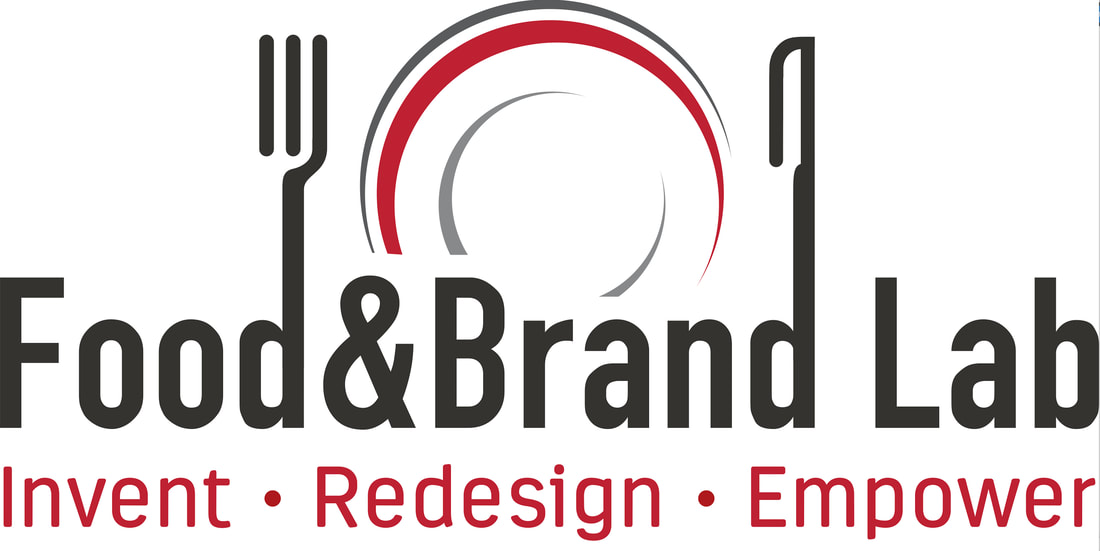Resources
Feel free to download and use any of the graphics, illustrations, videos, and resources on the page for educational purposes and with credit.
This work is licensed under a Creative commons Attribution-NonCommercial-NoDerivatives 4.0 International License.
|
SummaryRecent research has shifted focus toward the quality rather than the quantity of food intake. This research investigated how to increase the consumption of healthy, but relatively unfamiliar foods, through the consumption of Tofu, specifically. Our overall goal was to determine what factors influence adoption of Tofu by “nutritional gatekeepers.” These are individuals, who purchase and prepare food, control up to 72% of what the household eats. We found that disproving misconceptions about healthy foods may be more successful in increasing adoption than concentrating on nutritional benefits.
To investigate the facilitators and barriers to new food adoption, healthy foods such as Tofu, we conducted in-depth interviews with 83 young women and mothers who enjoyed Tofu. Vegetarians and those of Asian descent were not included. From these interviews, we determined 21 “facilitators,” reasons to try Tofu, and 10 “barriers,” that may deter someone from trying Tofu. Facilitators and barriers were tested via an online survey administered to 502 non-Asian, non-vegetarian women ages 20-35 with some level of college education. To measure facilitators, participants used a 9-point Likert scale (not very important to very important) to respond to the question: “How important is it that a new food have the following characteristics?” (e.g. high in protein). To measure barriers, participants used a different 9-point Likert scale (strongly disagree to strongly agree) to respond to the question: “Which of the following might prevent you from trying Tofu?” (e.g., I don’t know how to prepare it?). The participants also reported whether they have ever eaten Tofu and provided height and weight information used to estimate BMI. The adoption of Tofu was significantly predicted by four facilitators: “Tofu is high protein,” “Tofu is nicely packaged,” “Tofu doesn’t spoil easily,” and “Tofu is not made from genetically modified crops”. Despite the significant effect, all facilitators, combined, explained only 12% of the variation in the model. This is suggestive that facilitators are not very motivational in causing women to incorporate Tofu into their diets. Four barriers also significantly predicted the use of Tofu: “Tofu doesn’t taste good,” “I don’t know how to prepare Tofu,” “I think Tofu is expensive,” and “You have to be a good cook to make Tofu”. The combination of all barriers explain more than 44% of the variance in the model, indicating that barriers better explain Tofu adoption than facilitators. While both facilitators and barriers significantly influence the adoption of healthier foods, such as Tofu, it may be more effective to focus on addressing and demystifying the barriers than promoting the facilitators. For example, providing cooking techniques to address the barrier, “I don’t know how to prepare it” was more persuasive than concentrating on the nutritional value (one of the facilitators). Additionally, demonstrating the diverse approaches to preparing Tofu can reduce the stigma that it does not taste good, or you must be a good cook to prepare it well. Wansink, Brian, Mitsuru Shimizu, and Adam Brumberg (2014). Dispelling Myths about a New Healthful Food can be More Motivating than Promoting Nutritional Benefits: The Case of Tofu. Eating Behaviors, 15(2), 318-320. doi: 10.1016/j.eatbeh.2014.03.016.
| ||||||
